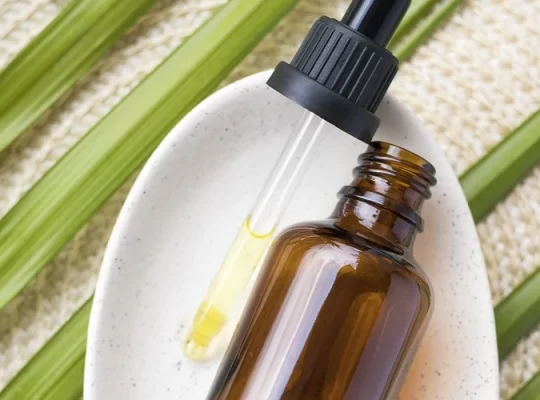There is a growing body of research investigating the therapeutic potential of cannabis in the treatment of post-traumatic stress disorder (PTSD). Post-traumatic stress disorder (PTSD) is a psychiatric disorder that may arise following exposure to a stressful incident. Individuals who have Post-Traumatic Stress Disorder (PTSD) may encounter a range of symptoms, such as recurrent and distressing memories, distressing dreams, heightened anxiety, and profound sadness.
Increasing Data
Increasing data suggests that cannabis may have a beneficial impact on alleviating symptoms associated with PTSD. For instance, a comprehensive analysis conducted in 2018 concluded that cannabis has shown efficacy in alleviating symptoms associated with post-traumatic stress disorder (PTSD), including anxiety, despair, and nightmares.
Empirical data indicates that cannabis, specifically THC and CBD, may mitigate specific symptoms associated with post-traumatic stress disorder (PTSD). Within this particular framework, a limited-scale study (n = 10) discovered that the supplementation of 5 mg of THC twice a day as an additional form of therapy resulted in enhanced sleep quality and reduced occurrences of distressing nightmares, hyperarousal related to post-traumatic stress disorder (as measured by the Clinician-Administered PTSD Scale), and overall severity of symptoms.
Individuals administered nabilone, an artificial compound like THC, observed comparable enhancements in their sleep patterns, such as a decrease in the occurrence of distressing dreams and mitigation of other manifestations associated with post-traumatic stress disorder (PTSD). The number is 26. However, the positive impacts of THC on PTSD seem to be limited, with many features of this condition remaining unaffected. This may be attributed to the fact that THC does not serve as a remedy for PTSD.
Regrettably, the current evidence on the association between cannabis and PTSD in human clinical studies is few and has shown diverse results. The outcomes vary from reduced symptoms to warnings about its effectiveness.
Cannabis may exert several mechanisms to alleviate symptoms associated with PTSD. One method involves engaging with the endocannabinoid system. The endocannabinoid system is a widespread network of receptors distributed throughout the body that regulates several physiological processes, such as mood, anxiety, and stress.
Cannabinoids
Cannabinoids, the bioactive constituents of cannabis, can attach to endocannabinoid receptors located in the brain and other areas of the body, resulting in a range of benefits, such as anxiety reduction and the promotion of relaxation.
Cannabis may alleviate symptoms of PTSD by mitigating inflammation. Inflammation has been associated with several mental health disorders, such as post-traumatic stress disorder (PTSD) and depression. Cannabinoids possess anti-inflammatory characteristics, hence potentially mitigating symptoms of PTSD through the reduction of inflammation in both the brain and body.
It is crucial to acknowledge that cannabis does not serve as a remedy for PTSD. It is essential to recognize the potential adverse effects of cannabis, including xerostomia, ocular redness, vertigo, and compromised motor skills.
Before utilizing cannabis as a treatment for your PTSD, it is crucial to engage in a conversation with your doctor about the prospective hazards and advantages.
Utilizing Cannabis
Below are some guidelines for utilizing cannabis as a therapeutic approach for managing PTSD: Commence with a bit of dosage and progressively augment the dosage until the desired outcome is achieved. Please refrain from smoking or vaporizing cannabis since it has the potential to exacerbate symptoms of PTSD in specific individuals. It is advisable to utilize items that include CBD since it may assist with reducing the euphoric impacts of THC.
Last Thoughts
Consume cannabis in a secure and regulated setting.
Consult your physician on the proper and efficient utilization of cannabis.
Furthermore, it is crucial to acknowledge that cannabis has the potential to interact with other drugs. Before consuming cannabis, it is essential to consult with your physician, mainly if you are already using any other medicines.






